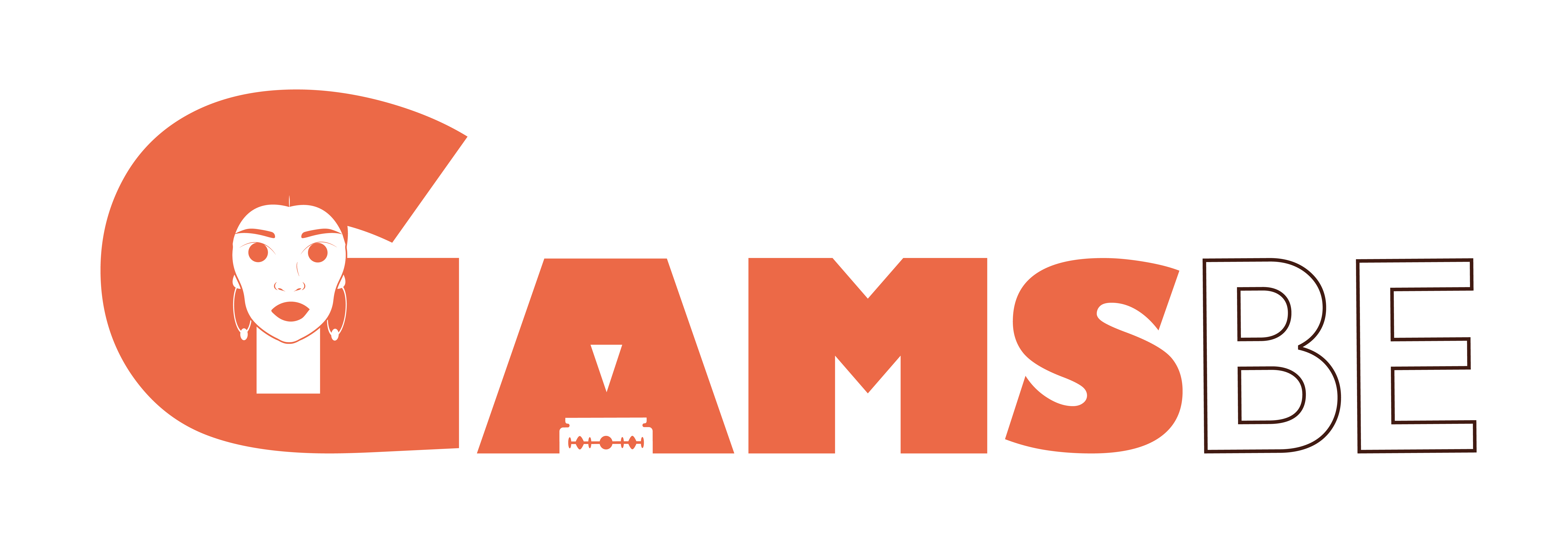GAMS Belgium is part of a solid network
New responsibilities within gams belgium
GAMS Belgium continues its commitment beyond the association! In recent weeks, several colleagues have taken on new leadership roles. Our project manager, Aminata Sidibé, has become co-president of the End FGM Network, and Marianne Nguena, coordinator of the Coordinated Strategies and CoP, is now co-president of the working group on sexual and reproductive rights at Be-Cause Health. We wanted to learn more about their new responsibilities!

What does your new position entail?
Aminata: The European End FGM Network is a European-level network that brings together approximately 40 organizations actively working to combat FGM on the continent. The network aims to bridge the gap between its various members and serves as a platform to amplify the voices of communities, urging European policymakers to work towards eradicating FGM. It supports the work of its members, facilitates networking, and serves as a space for sharing best practices.
As co-president of the European End FGM Network, I am now part of the board of directors (BoD). Along with other BoD members, we have decision-making power over topics, budgets, and the organization’s structure proposed by the network’s staff. For example, we recently had to choose which candidate would receive a budget for a capacity-building event, and we had the final say. This new role also allows me to represent the network externally or even open the network’s annual general assembly (AGM), potentially alongside other BoD members.
Marianne: The working group on sexual and reproductive rights is an initiative of several organizations and institutes within Be-Cause Health, particularly concerned with implementing the policy note “Belgian Development Cooperation on Sexual and Reproductive Health and Rights” from March 2007. It aims to contribute to better sexual and reproductive health in all countries where Belgian development actors operate or are supported by Belgium.
As co-president, my role includes defining the annual agenda of topics to be addressed during meetings to ensure that challenges in our global health activities, which remain unaddressed today, can be discussed and exchanged to inform and strengthen our collaborations in the countries where we operate. These challenges include colonization and power, discrimination and racism, gender inequality, migration and the role of the diaspora, commodification of care, exclusion, etc. This role also involves sharing best practices contributing to better sexual and reproductive health and advocating with public health international departments.
Why did you accept this position, and what are the challenges?
Aminata: For me, it was an opportunity to learn about other aspects of association work, particularly the decision-making aspects. It’s also an opportunity to represent not only the work and approach of GAMS but also the Guinean community to which I belong. Additionally, I appreciate the work that the network undertakes; I was already following it before joining the workforce.
The challenges of this position would be encountering topics on which I am currently less comfortable. I am only in my second year of work, so I still have a lot to learn. At first, I felt like an imposter. Do I have the required experience to make certain decisions? However, decisions are made collectively, and each decision can be discussed, allowing me to learn from the experience of other members while also expressing my opinion. So far, I have been relatively proactive in meetings, found my place, and understood the expectations placed on me, so this imposter syndrome is fading away.
Marianne: I accepted this responsibility because in this working group, we collectively think about the future of global health, the future role of Belgian development cooperation, and the role that we, actors from the North and South of global health, could and should play in this regard. We share experiences, cases, and research results, and through this, we find innovative solutions to real problems while ignoring our ideological and political differences.
The main challenges of this co-president role are organizational, as it requires quite a bit of time to mobilize actors for reflections, sharing, and proposals, and in terms of foresight. Indeed, the working group aims to go further by exploring more deeply the subjects of global health that are ignored or addressed only with “a Northern perspective.”
What dreams would you like to fulfill in this role?
Aminata: My dream is to contribute to the development of the network, its projects, and ambitions. As the representative of GAMS Belgium on the BoD, I want to highlight the work, approach, and projects of our organization but also to explore the approaches and tools used that could be interesting to accomplish our missions and possibly establish collaborations. Personally, I aim to acquire new professional skills and take advantage of the experience of other members for my own development.
Marianne: The dream I would like to fulfill in this role, which is already underway, is to share GAMS Belgium’s approach in terms of collaboration with our international partners while giving them a voice so that they can exchange views on what makes this success with this collaborative approach that bears fruit. I believe it is important not to reinvent the wheel and to capitalize on what works in terms of collaboration to contribute to better sexual and reproductive health in the countries where we operate by placing our partners at the center from conception to evaluation of our various projects.
